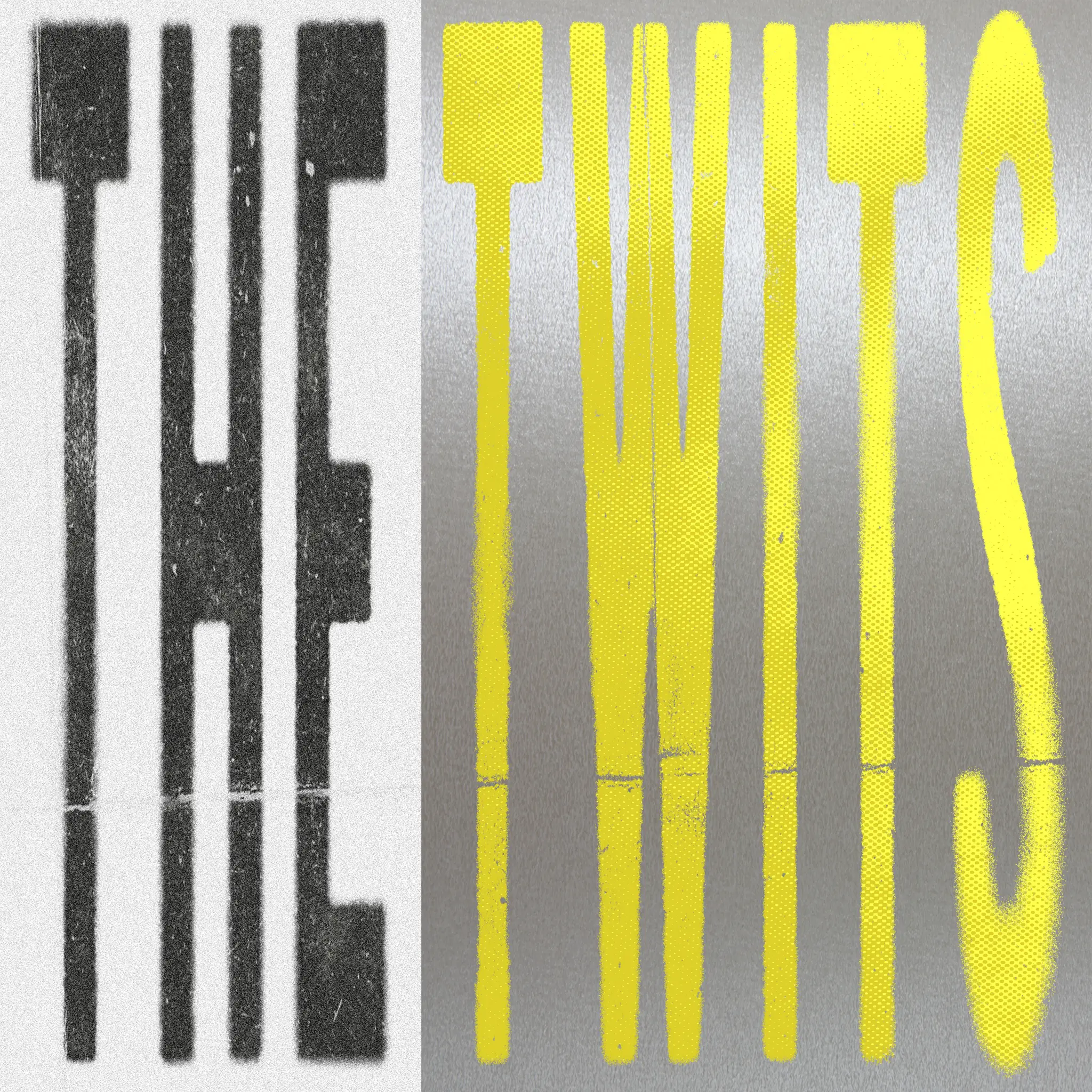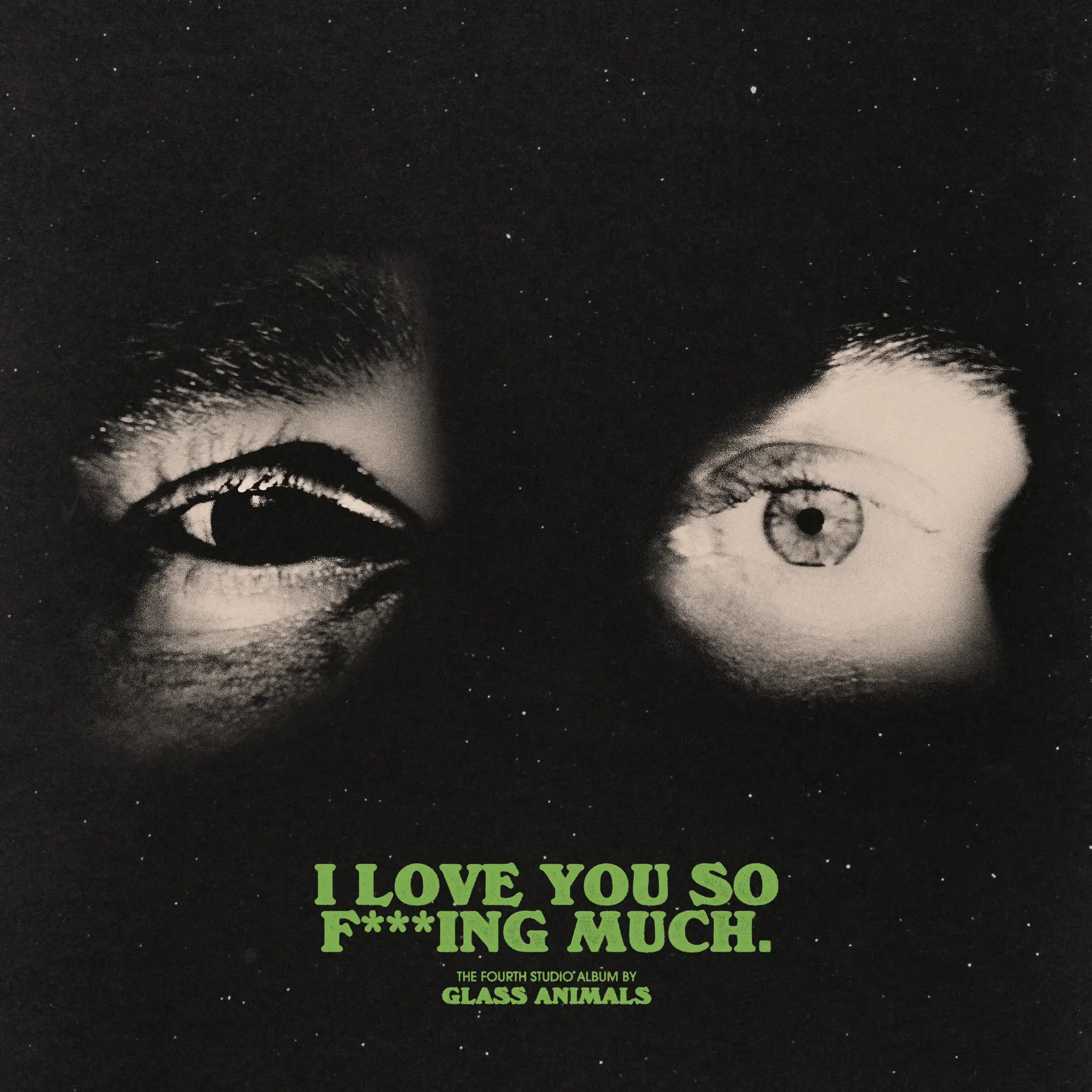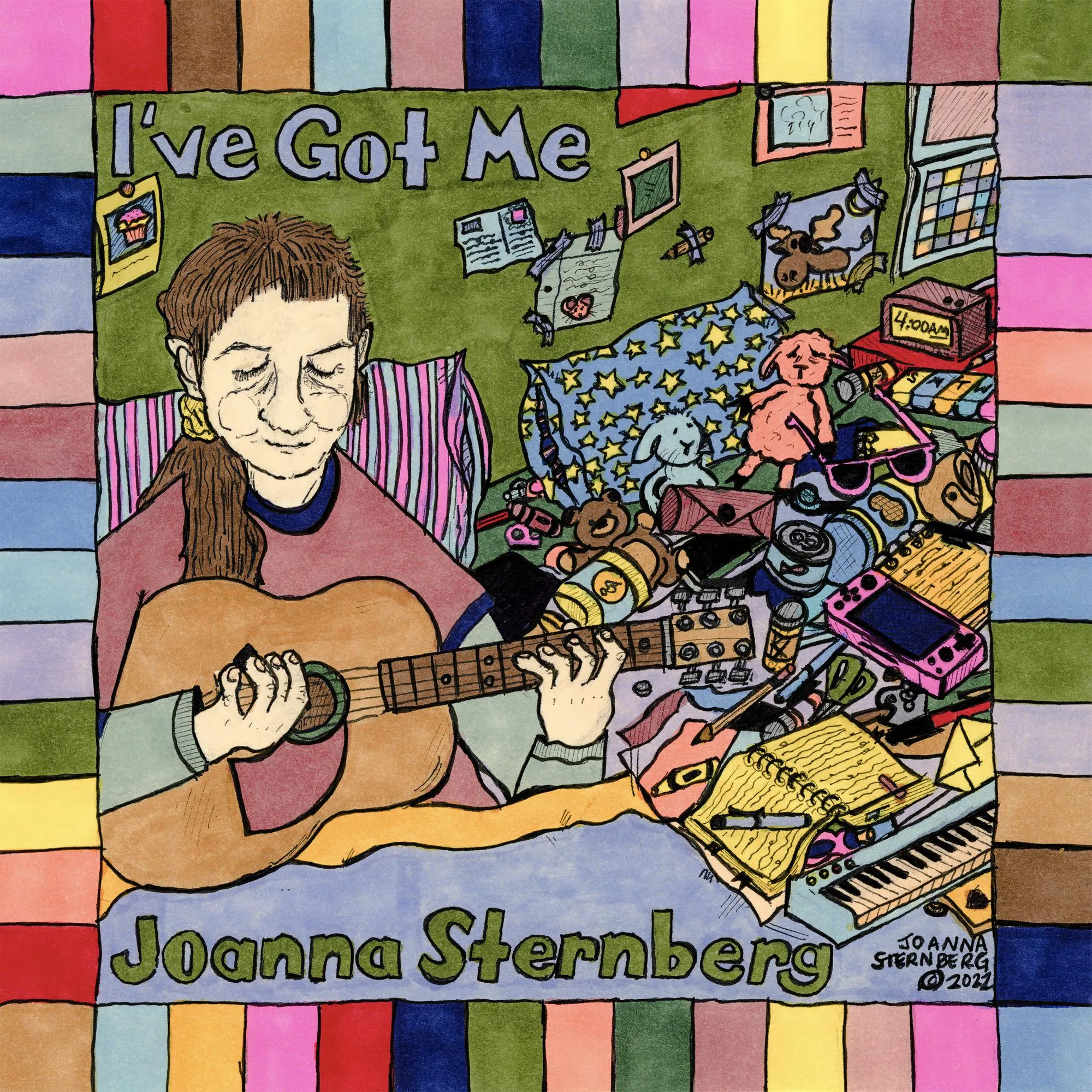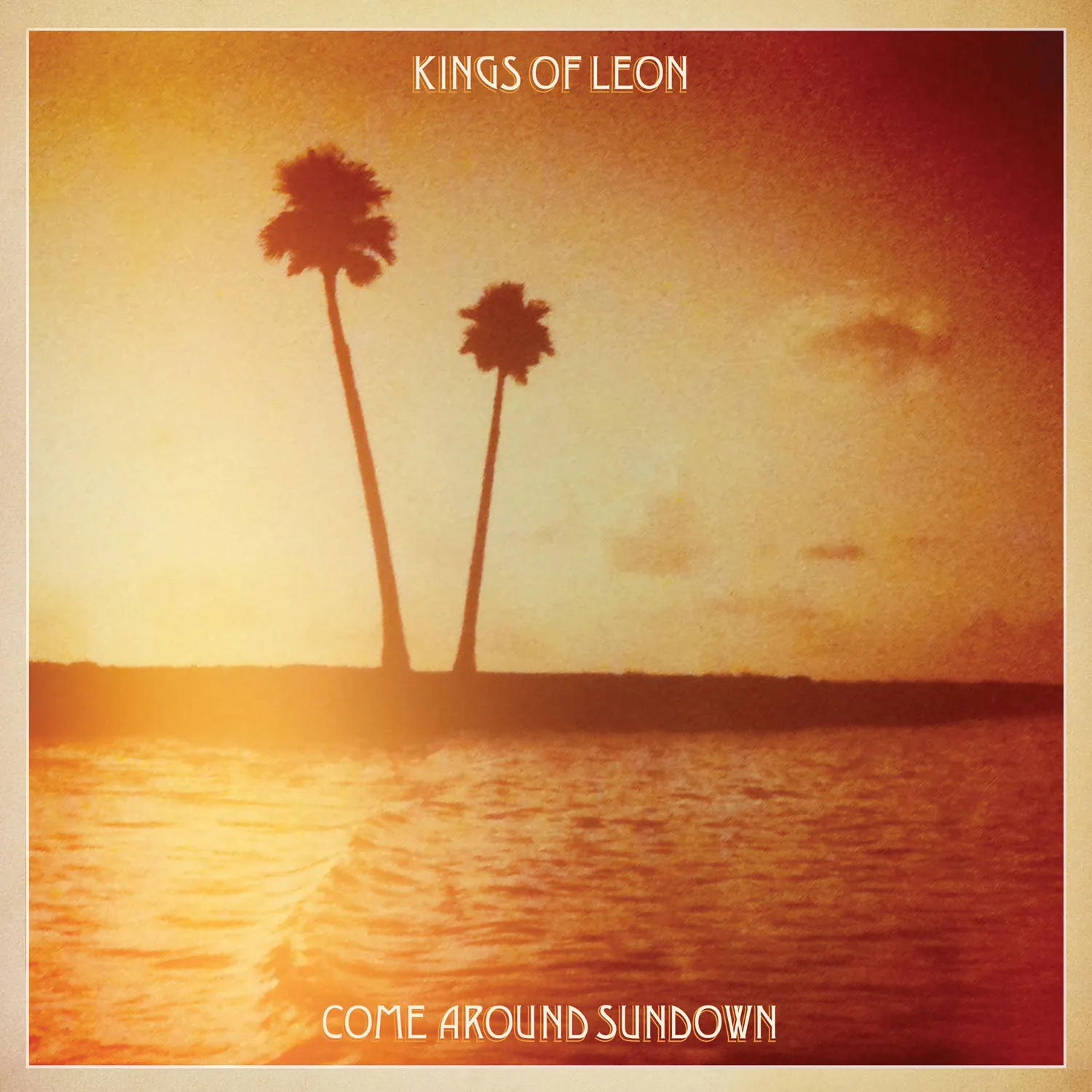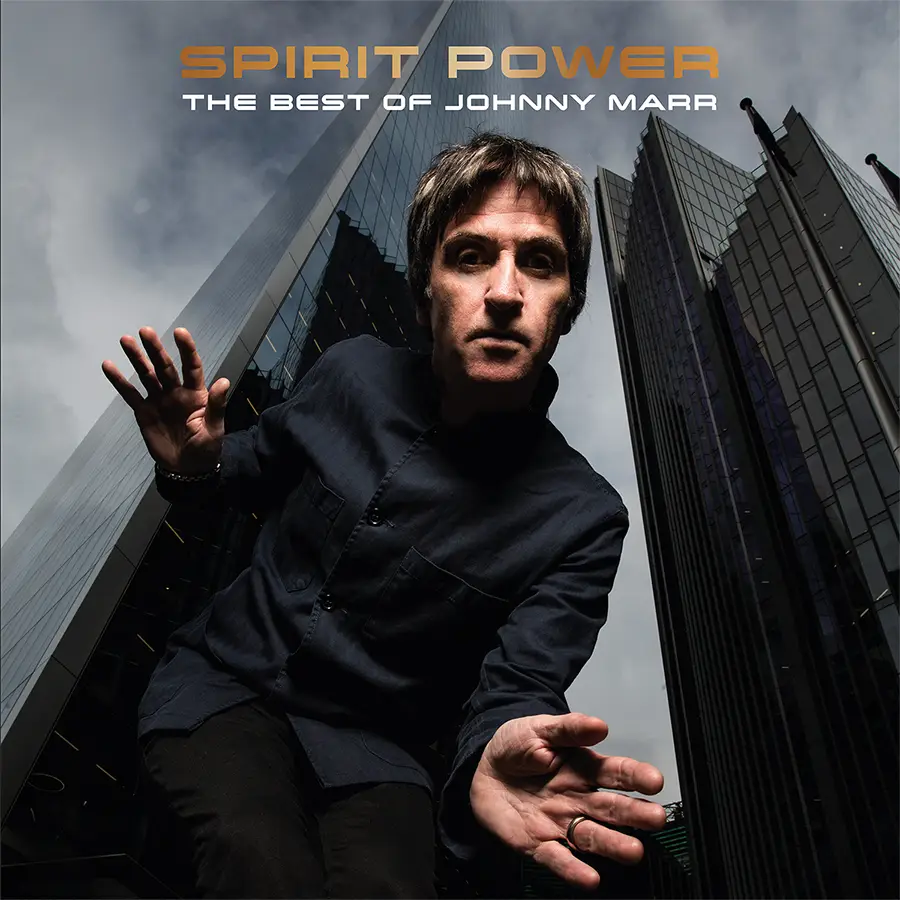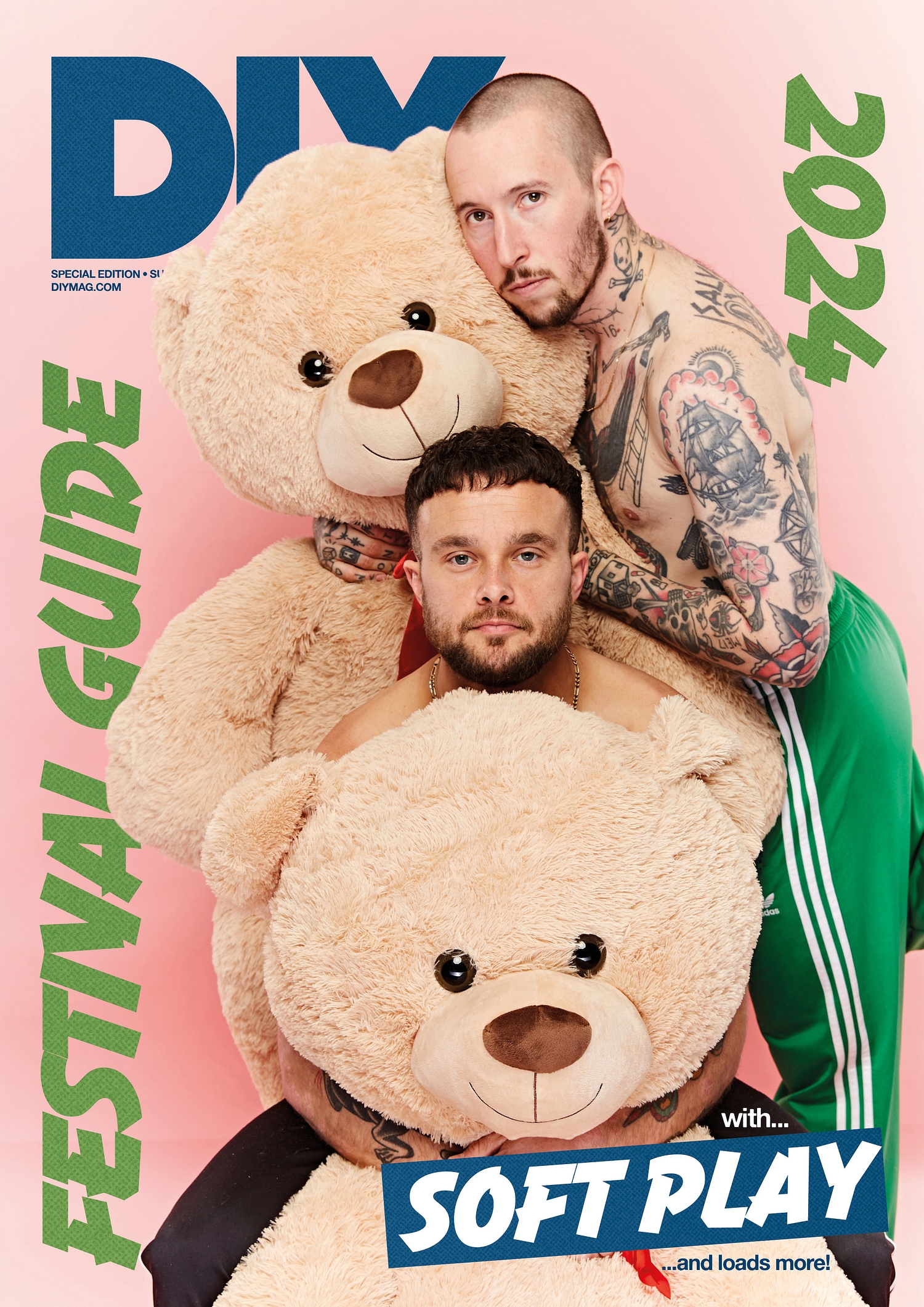Interview The Very Best: ‘Music Can Portray So Much Through Feeling Alone’
Gareth Ware speaks to The Very Best’s Johan Hugo about pushing boundaries.
The pages of music history have tall tales of chance encounters gaily littered through them like a message inside everyone’s favourite cylindrical seaside confectionery. There’s Marr doorstepping Morrissey, and Orange Juice drummer Stephen Daly meeting Edwyn Collins arguing about music magazines on the top deck of a bus in Glasgow (Daly’s diplomatic opening gambit to the Melody Maker-reading Collins: “You don’t read that shit do you?”) to name but two. The Very Best can add their name to curious chance meetings when Malawian born singer Esau Mwamwaya and London based Swedish producer Johan Hugo met in a London secondhand shop while haggling over a bicycle.
Since then, the working relationship has gone from strength to strength, with ‘The Warm Heart Of Africa’ gaining near universal praise, backed up admirably by a rightly-lauded live show. This year sees the release of their second album, ‘MTMTMK’. As with their last record, it’s been preceded by a mixtape, ‘Super Mom’. “We always get to hear these songs that we wish we would have done, you know?”, opines a relaxed Hugo when we speak to him. “I hear something sometimes and think ‘Oh man, Esau would’ve done something really nice on that’ and then when we’re on tour we just end up messing around and recording these things.”
As luck would have it though, in this case, having a mixtape up their sleeve provided a handy bit of breathing space while finishing off the new record. “The album was meant to be out last year but we ended up scrapping a lot of and redoing it, so people I think started to get a bit impatient with us. They knew we had a mixtape, so that’s why we put out ‘Super Mom’, basically. Usually there’s no plan to these things, about how we need to precede an album with a mixtape, but in this case it’s just the way that it happened.”
Talk quickly turns to the new record, and more specifically in how it differs and develops from ‘Warm Heart Of Africa’. “It’s such a cliché but it’s a lot darker, there’s no question about that - it’s a lot heavier, a lot faster. When we did ‘Warm Heart Of Africa’ there was no plan of doing an album, we were just making songs, and so it took us quite a long time to realise that we were making a record. When we started doing live shows we realised the last record was quite mid-tempo and didn’t translate all that well into the live show. We were more interested in it being more dancey, and having a good party! So when we did the new record the focus was on making a record that would work really well performed live but would also work when you’re just doing the dishes or whatever!”
Yet, for its supposed darker characteristics it undoubtedly retains the vibrant, expressive element that has made The Very Best’s work to date such an enjoyable listen. Put this to Hugo, and he unequivocally puts this down to the vocal skills of his musical partner in crime. “The thing with Esau’s voice and his way of singing always brings about this sense of euphoria in a way, even in the album’s darkest tracks. There’s always this uplifting quality there. That’s just something that comes with it and that’s one of the reasons I love working with Esau and the whole project itself is that that’s something which he always bring to the table.”
Not that that means they’re not afraid to experiment with what is without doubt a key component in their musical make-up. “One of the tracks that I feel works differently to the others is ‘Rumbae’, and you know, Taio Cruz wrote that hook originally. We did the song about two years ago with Taio Cruz to begin with, and we had about five or seven different versions. In the end Taio’s melody isn’t the melody that he sung. I changed it a bit with a programme, and between us, I think it’s the only time where we’ve got Esau’s voice to sound different to how Esau would normally sing. But I like that. It’s fun to push things for us and for the audience and to see how they react to these things. We didn’t feel like we could just make another album like the last one - it would be a bit boring.”
The Very Best have also demonstrated that they’re not afraid to push the boundaries in terms of lyrics and themes this time around either. Lead single ‘Yoshua Alikuti’ offers a scathing critique on late Malawian president Bingu wa Mutharika. “We were out there working, and the president had gone a bit mad and had kicked out the British Ambassador and because of that a lot of the export had gone as well – mainly tobacco, which is one of Malawi’s main exports. It was tobacco season so whenever we were driving into the studio we’d see all these massive trucks full of tobacco just parked by the roadside because nobody could sell it. There was a real crisis going on. It was the same with fuel. We kept getting stuck in the studio because none of the cabs that we used could get diesel to get us home. So it was a really bad time and I think that Esau felt that he really wanted to talk about it in a song.”
So have they in some way become some sort of unlikely voice of dissent or opposition in Malawi on the back of it? “It took a weird turn with Bingu’s death. He died a week before we launched so that was a bit of a shock. Esau has said that we wishes it had come out while Bingu was still alive but still the song is coming from a perspective that is still relevant. It’s still asking who is going to come and take us somewhere good. Bingu did alright for a bit, and now that (Malawi’s first female president, Joyce)Banda is in, she’s doing some amazing things in Malawi so far. But it’s still a relevant question: are we going to see someone who is actually going to be able to help us and do something proper? I guess the focus of the song is now pointed towards Banda, because she’s the new president.”
Yet despite this, Hugo argues that the new record isn’t a protest record at all, and that in fact if anything The Very Best are there to act as an antidote to such intrinsically heavy topics. “I wouldn’t say that the record is a protest album at all. We try to stay clear of that, I think The Very Best is a project that’s very much about the positive than looking at the negatives. There are amazing artists out there who are very good at doing protest albums and protest songs and I think you need artists who focus on the opposite of that as well. Not to turn a blind eye to these things but to give off a good vibe.”
“For me, music is about feeling and what kind of feeling I get from a song. Because a lot of our fans don’t understand what Esau’s saying they won’t relate to the lyrics, no matter how political they are. Most of them aren’t going to know about that. So I think about The Very Best and I think about the feeling I get when I hear Esau sing, and it’s always this happy, uplifting feeling, and that’s become the theme that we try and portray in the music. Whether it’s the live shows or listening to the record or whatever it’s about the positivity as a whole. I completely respect artists who make political music and to an extent it’s something I wish we could do more but it’s just not what this project is about.”
As someone who openly acknowledges that a large proportion of the fanbase will be unable to understand the lyrics, has it come as a surprise that the material to date has been so well received and has transcended global barriers as well as it has? “I’m not surprised. I mean, I fell in love with Esau’s voice and African music and South American music – I listen to a lot of music where the lyrics aren’t in English. I’m Swedish so when I was growing up and listening to English music I didn’t understand what they were saying but I’d still sing along. It goes back to what I said earlier – what does the music make you feel rather than what you understand? Music can portray so much through feeling alone without having to understand the lyrics. But there were a lot of people telling us when we were making the first album that we were going to struggle and that people weren’t going to understand it.”
Fans of Eastenders will have recently tuned in to hear D’banj’s latest single ‘Oliver Twist’ being played in the background. With that in mind, as well as said song reaching the Top Ten in the UK chart and widespread coverage in the mainstream press being given to African music, the burning question is whether it has now had something of a resurgence? And crucially, is it one which has occurred on its own terms? “Yeah, you’ve got people like D’Banj who’s in the UK Top Ten at the moment and there’s definitely an influx of fresh new African artists. There still a long way to go, and Afrobeats is only one side of it that’s getting a lot of attention at the moment. But if you compare how it is now to how it was when we first met Esau in 2006, it’s night and day in regard to what is acceptable to the Western world. It’s definitely changed and it’s certainly going in the right direction. Not quite there yet though!”
But to what extent can The Very Best relate to the likes of D’banj and Ice Prince? “That’s a good question. I can identify with them, definitely, but it’s completely different as well in a weird way. I can look at Vampire Weekend and I can identify with them in a way, but again they’re completely different. For me as a producer, I make so many different kinds of music outside of The Very Best – I feel like I can identify with so many things. But if you take The Very Best and put next to a D’Banj song for example then I don’t think fans of The Very Best will be D’Banj fans and the other way round but for me it makes total sense, I’m just not sure it’d make total sense to other people.”
He pauses momentarily, before adding as a caveat. “It’s very easy to be labelled together just because part of The Very Best is from Africa. I can see why people want to look at the whole Afro-movement or whatever you want to call it but at the same time there’s a million facets of African music.”
With collaborations from Western artists such as M.I.A. And Vampire Weekend on the last record, and Taio Cruz, Ed Sheeran and Mumford & Sons on the forthcoming album, there must surely be a sense of vindication of widespread acceptance of what the project has achieved to date (if not the state of African music as a whole)? “Yeah, definitely. There have been some real groundbreakers in the past five, ten years. For me, M.I.A. is an amazing pioneer like that, Vampire Weekend would be another one, and they happened to be around when we were making our first album so it made perfect sense to work with them, for me. But again, six years later, you see a lot more people pushing these boundaries.”
Having covered ground related to the record as diverse as Malawian politics, mixtape culture, the rebirth of African music (not to mention The Very Best’s place in it), we asked Hugo to end our time together in conversation by summing up what he hoped people would take away from the record. After a pause that that’s as deafening as it is long, he finally finds his muse. “That’s a very good question. On the last album there were a few things that really stood out or things that came to my attention. I got e-mails and Facebook messages saying ‘The Very Best is my favourite album to put on in the morning and to get me in a good mood before I go to work’, and those kinds of comments really meant a lot to me, the fact that you can make someone’s day better just from the songs you’ve made. That to me is a massive compliment. Then there was this guy on Youtube saying something like ‘Oh my god, I’ve been looking everywhere for this – I lost my virginity to this song!’”
He collapses into a fit of giggles. Once composed, he continues, drawing on his own experiences with music and its attendant associations during his formative years. “I remember growing up and being a massive fan of certain things and you have these moments when you’re growing up in your teenage years where something happens and certain songs and albums touch that period of your life. I just hope that in ten years people will have these amazing memories, whether it’s going to a festival to see us or just having a good time with their friends having a BBQ with this album playing.
“I just want this album to mean something to people at the end of the day.”
The Very Best will release ‘MTMTMK’ via Moshi Moshi on 16th July.
Read More
The Very Best - MTMTMK
4 Stars
An album that carries on the spirit of the debut while progressing their sound at the same time.
14th July 2012, 4:09pm
The Very Best Plan UK Show
The Mawali band will be visiting London next week to play Dalston's Shacklewell Arms.
15th June 2012, 9:05am
Watch: The Very Best Announce New Album With ‘Yoshua Alikuti’ Video
Amadou & Mariam, Baaba Maal and K’naan will appear on the album amongst others.
26th April 2012, 4:45pm
Featuring SOFT PLAY, Corinne Bailey Rae, 86TVs, English Teacher and more!
